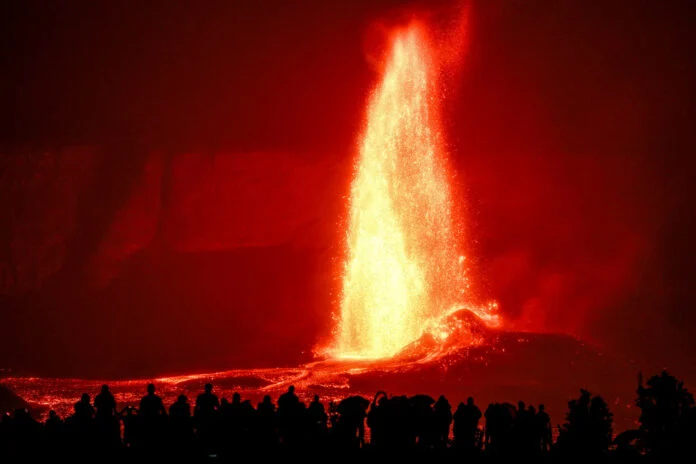We’ve all heard of the legendary sunken city of Atlantis, but few are familiar with the real-life “Lost City” lying deep beneath the Atlantic Ocean.
Unlike Atlantis, this submerged wonder hasn’t been immortalized in films or novels—at least not yet. That’s because it was only discovered by accident a few decades ago, in the year 2000, when researchers sent robotic vehicles to explore a rocky formation in the depths of the ocean. What they found instead was an otherworldly landscape—an undersea city potentially over 120,000 years old.
Located 700 meters below the ocean’s surface, the site is part of a hydrothermal field—a rare geological zone where heated water flows through cracks in the Earth’s crust. Situated to the west of the Mid-Atlantic Ridge, this hydrothermal field has become known as the “Lost City,” and according to Science Alert, it’s the longest-lasting of its kind in the ocean.
A Window Into the Origins of Life?
Scientists now believe the Lost City may hold vital clues about the origins of life on Earth—and perhaps even on other planets. The site is home to towering white formations and chimneys that vent warm gases at around 40°C (104°F), as well as a massive stone structure nicknamed “Poseidon” after the Greek god of the sea.
Despite the extreme environment, the Lost City teems with life. Shrimp, crabs, and eels navigate the eerie seascape, sustained by gases such as hydrogen and methane released from the hydrothermal vents. Because of the low oxygen levels, marine creatures are relatively scarce—but those that do survive offer a rare glimpse into how life can thrive under harsh conditions.
Scientists believe similar hydrothermal ecosystems may exist elsewhere on Earth—and potentially beyond. To date, however, the Lost City remains the only such field that robotic vehicles have successfully reached and explored.
A Glimpse Into Extraterrestrial Possibilities
In 2018, microbiologist William Brazelton told Smithsonian Magazine, “This is an example of an ecosystem that could be active right now on Enceladus [a moon of Saturn], or Europa [a moon of Jupiter], and perhaps even existed on Mars in the past.”
The idea that Earth’s most extreme environments could mirror conditions on distant moons has fueled growing interest in protecting the Lost City. Since its discovery, scientists have repeatedly called for its conservation due to its extraordinary scientific value.
However, in 2018, Poland was granted rights to explore a 10,000-square-kilometer section of the Mid-Atlantic Ridge for deep-sea mining—raising alarm bells in the scientific community.
Dr. Gretchen Fruh-Green, the scientist who led the discovery of the Lost City, expressed concern over the potential consequences of such activity. In an interview with Sky News, she warned:
“We could destroy this place before we even understand it—before we can truly appreciate the significance of these unique white towers and the strange fluids seeping from the seabed.”
She added,
“Its importance to understanding the origins of life and the early geological processes of our planet is immense. This is our story—it’s Earth’s story—and if we disturb it, we don’t know how quickly it can recover or what impact that disruption could have on ocean chemistry.”
Photos: D. Kelley / University of Washington











